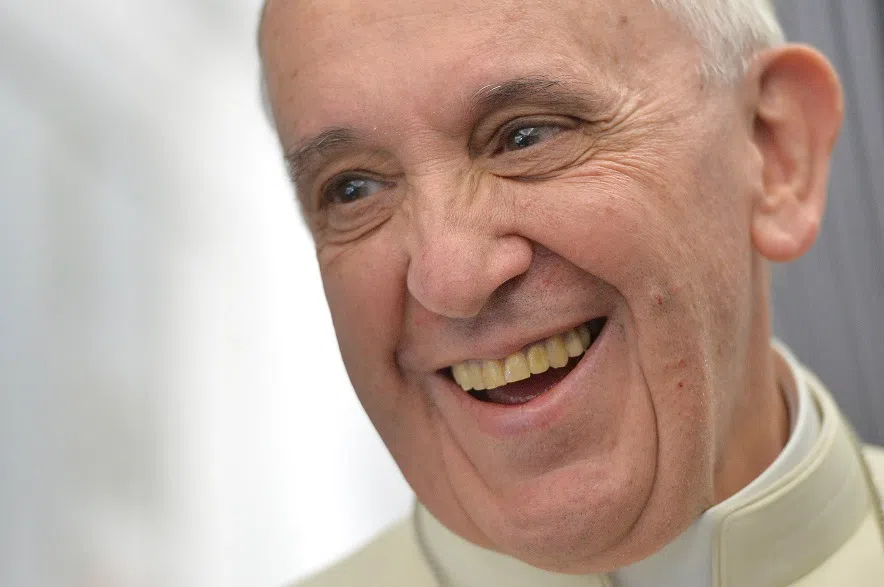Catholics in Saskatchewan and around the world are in mourning following the death of Pope Francis.
The pope died on Monday at the age of 88, following a hospitalization for pneumonia earlier this year. But despite his recent health challenges, Francis made a public appearance – his last – at the Vatican on Easter Sunday.
Read More:
- ‘Humility, compassion and care for others’: How Canadians are remembering Pope Francis
- Canadians remember Pope Francis for historic apology for residential schools
- Advance polls open for last day as election campaign heads into final week
Francis, born Jorge Mario Bergoglio in Buenos Aires in 1936, was elected as head of the Catholic Church in 2013 after the resignation of Pope Benedict XVI, making him the first pontiff from the Americas and the first Jesuit pope.
Donald Bolen, the archbishop of Regina, joined the Evan Bray Show on Monday morning to share his thoughts on Francis’ passing and the legacy the pope leaves behind.
Listen to the full interview with Bolen:
https://iono.fm/e/1548449
“It’s a day of sadness, but also a day of gratitude to think about all he’s accomplished in the past 12 years,” the archbishop said.
“He didn’t change anything in terms of church doctrine, but he did change the way that popes live and act, in many ways, and he felt the freedom to do that because his deepest faithfulness was to God, not to the way things had always been done.”
Francis, Bolen explained, was always deeply committed to dialogue with other Christian and religious communities, as well as with Catholics, and he worked to improve the church’s unity by involving more people in major decisions.
“His instinct wasn’t that he was pope and he had the answers to every question. His instinct was ‘Let’s talk about this. Let’s involve the community in this discussion. Let’s listen to those who are on the margin, and then let’s figure out together what God is asking,’” Bolen said.
Francis’ most recent visit to Canada came in 2022, when he offered an apology for the church’s role in the residential school system, which saw many Indigenous children taken from their families and subjected to abuse. Bolen said he accompanied Francis during every step of the trip.
“I think for many Indigenous people, the visit was transformative,” Bolen explained.
“The apology opened the door to a question about how does the church, and society at large, walk with Indigenous people?”
While he acknowledged that there were a wide range of reactions to Francis’ apology, Bolen said the church – as exemplified by Francis – is working hard to recover and repair its “wounded” relationship with Indigenous peoples.
Bolen said Francis “went out on his own terms” after disobeying the instructions of his doctors and insisting on making a public appearance on Easter.
The pope’s legacy will include his emphasis on God’s universal mercy, Bolen said, as well as his policy of involving many people in his important decisions.
“The Catholic Church has never intended that the pope makes decisions in an isolated way, but Pope Francis has just really pushed for this consultative structure,” Bolen said.
“He’s been just a great pope, from my perspective.”
–with files from the Canadian Press











